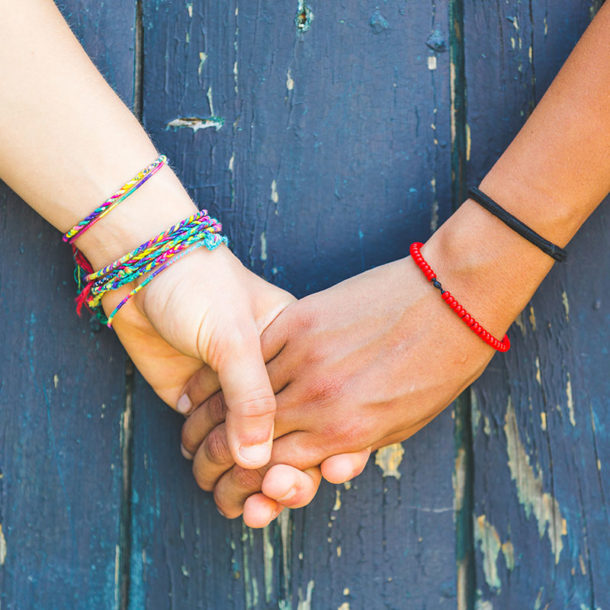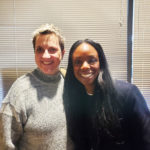
Feelings come in all colors and varying degrees of intensity. Some feelings come only with a sensation, but no words to explain what’s happening internally. Maybe you have experienced this before, or maybe not, but everyone has feelings that they cannot put into words. Here’s why. We spend very little time in our lives, if any, talking about the preverbal stage of our lives. The time during infancy is riddled with big feelings but no words to attach to those emotions. We begin our deepest, and most intimate relationships with our loving caregivers during this critical period, yet we have no way to express the love we feel for them with words. At the same time, infants cause big neurological reactions in their caregivers by their simple gestures of eye-contact, smiling, or settling into the cozy arms of a loving person. So strong are these endorphin surges that they attach parents to infants almost immediately after birth and those connections deepen with each interaction. This is the brain as it becomes wired. So think about how important it is to wire the consistent messages of love and safety from the beginning.
These early interactions are what set the stage for all future relationships. Who would think that our interaction patterns in infancy could actually impact our marriage or adult partnership? This is exactly what happens. We learn how to interact and what to expect before we can talk. This creates an avalanche of confusion if we live in a world that is unpredictable and inconsistent. We use repetition of emotion or feelings in the body to deliver the message of safety and love. No one can just tell you are safe, when you are clearly in danger. Your body knows before your mind can put it into words. When someone says, “I love you,” but doesn’t really mean it, we feel it. The mismatch of the verbal and nonverbal message requires no explanation. Love, as elusive and it seems, is a beautiful thing but does not have a single definition, because it is defined by each person internally. I love rocks, the water, my brother, my dogs, my partner, yet, each kind of love is totally different, defined by the feelings in my body, not the words in my mind. Love can be the most beautiful thing or all tangled up with icky feelings. How do we know if our body and our mind are sharing the same wavelength?
Our preverbal interpretation of the world and the level of safety and love we engage in during infancy dictates how we view our future relationships with partners and friends, but the most complicated part is that we learn all about this without any actual words, so it is our body that holds the keys to our happiness and our contentment. It is our body that informs our minds about what words go with what emotions.
If one feels unloved or abandoned in infancy, guess what? That person will unintentionally seek out partners or friends who reinforce that experience for them. Not because they want to but because they don’t know how to talk their brain out of it. Those feelings do not come with words or a script to define the meaning, instead, these emotions permeate the mind and the body. This is what I mean, a person can get caught up in a very unhealthy relationship quickly and not be able to explain why. These are smart people, but they are living in unfulfilling, unhappy, and sometimes even abusive relationships for no reason that is obvious. It is like trying to speak a language that you have never been taught. So, this is the first step in learning about the need to learn a new language so we can openly communicate and navigate our relationships. It requires looking back before moving forward. It seems so obvious but we often ignore this step when seeking new relationships.
Our bodies are phenomenal at telling us what it wants to do and our brain chimes in with how to get it done, but we fail to recognize that the most important key to happiness is the connection between language and emotion, I like to call it communication. When we are able to link common words to the overwhelming feelings we experience when in love, when angry, or hurt; that is when we are most likely to change patterns that were wired or taught to us in infancy and we begin the true journey of personal translation and growth. It is only then that we become open and ready to share ourselves fully with another person.







